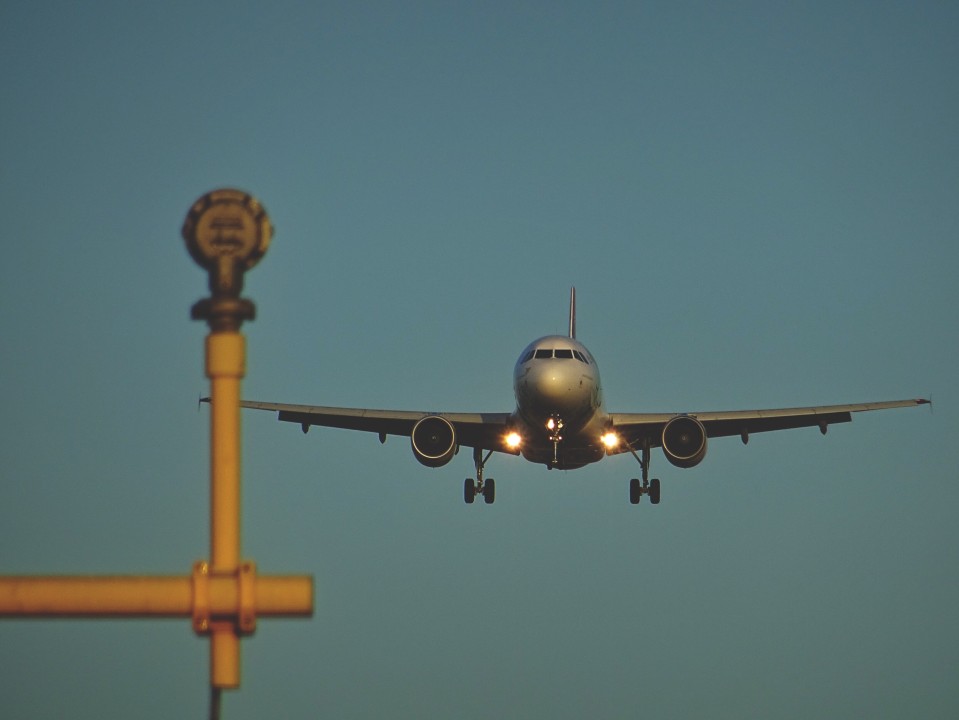
Corporate travel: Collaboration is essential for successful recovery
Businesses spend more than $300 billion each year on corporate travel, approximately 20% of which is on airfare. For airlines, corporate travelers represent 12% of passengers and generate billions in revenue — as much as 75% of profit on certain flights. As such, business travelers represent an essential segment.
Major events such as 9/11 and the Great Recession of 2008 affected business travel, but neither crisis had the sudden, sharp impact of COVID-19, as illustrated below:
Compounding the almost complete business travel standstill is the uncertainty of the current crisis: Almost half of all businesses have canceled all business trips, and more than 90% have suspended all non-essential travel. A rapid return of business travelers this summer is unlikely, but even if it did happen, it almost certainly would not make up for current losses, nor confidently bolster 2021 performance.
Over the past few weeks, the entire ecosystem of corporate travel has completely reversed focus. Currently, corporate travel buyers are:
● Working to bring their employees home safely.
● Maintaining agreements in the wake of an almost complete business travel shutdown.
● Communicating updates to employees about the viability of future business travel plans.
Meanwhile, airlines have had to reduce operations quickly and safely, while preserving cash and maintaining employee engagement during furloughs. With no recovery in sight for the foreseeable future, what opportunities exist to reset relationships between corporate travel buyers and airlines?
What can corporate travel buyers do?
With economic forecasts in flux — based on the ever-evolving public health crisis — corporate travel buyers are continually revising assumptions and resetting supplier expectations about travel volume through 2020.
The almost complete halt of corporate air travel provides an opportunity to evaluate options and build greater contract flexibility to manage through volatility. Focusing on these three areas will allow corporate travel buyers to plan more effectively for whatever scenarios unfold:
1.) Enhance duty-of-care practices.
Create a culture of care by moving beyond basic health and safety to overall well-being and productivity. As business travel bans are lifted, ensure that suppliers provide safety and sanitization assessments to address employee concerns.
2.) Reduce corporate travel costs.
Assess program gaps to capture as much as 20% or more in value beyond overall volume reductions. Data-driven renegotiations can accelerate volume discounts, while unlocking savings based on reduced flying schedules and continued volatility. Internally, ensuring consistency across all business units and implementing a proactive monitoring of travel policies can help eliminate non-compliant spending.
3.) Use digital tools to streamline asset management.
The volume of ticket refunds due passengers will exceed $30 billion, according to industry estimates. Ensuring timely rebooking with these credits will likely require agent intervention. Digital tools can streamline the process to handle the volume of credits and rebookings.
What can airline sales teams do?
Airlines sales teams are also under pressure. While some may have experienced previous demand shocks, the current crisis requires a different level of strategy. Leading teams are taking these three steps:
1.) Assess contract discounts and benefits.
Reevaluate non-performing and under-performing corporate agreements — and revoke discounts when appropriate. To replace discounts, sales teams can design creative trade-offs for corporate customers accustomed to loyalty benefits. Renewing agreements now will avoid a backlog later in the year.
2.) Evaluate distribution and commissions.
In 2018, the three largest US carriers paid upward of $700 million in commissions, mostly on international flights. Commissions can quickly add up to approximately 40% of the total price of a flight; overrides and incentives also come into play when travel agencies achieve or exceed volume commitments. As airlines work through the current liquidity crisis, a reevaluation of the distribution strategy and commission structures is in order. A well-thought-out strategy can preserve cash to prepare for the recovery — when travel volumes stabilize.
3.) Nurture customer trust.
In the wake of this public health crisis, travelers will demand sanitized environments in airports and planes. Build trust with customers by communicating clearly about decisive —
and unique — health and safety actions your airline is taking. As business travelers resume their activity, realistic, flexible agreements will require customers to trust in previously unforeseen domains. That trust will be forged through transparency and investments in cabin cleanliness and disinfection.
Collaborate for recovery
As companies rethink their travel programs, airlines are concurrently reconfiguring networks and fleet configurations, redesigning health and safety policies, redefining loyalty program terms and reshaping on-board offerings. Working together, corporate travel buyers and airline sales teams can find common ground on the key metrics that allow for program flexibility: better aligned incentives among all stakeholders and the jointly rebuilt long-term viability of the industry.

Great points
Transformation warrior | Inclusive leader | Proud father and husband | Entrepreneur | Pronouns: he/him/his
3ynice piece Kletzel...hope you're well
Organizational Change Strategist @ PwC | M&A, Technology transformation
3yInsightful article. Great points, it would be interesting to see how things shape up for corporate travel with more and more companies getting accustomed to working remotely over the last few months.
Jonathan, great article. Appreciate your insights and knowledge. Hoping you and family staying safe during the time.